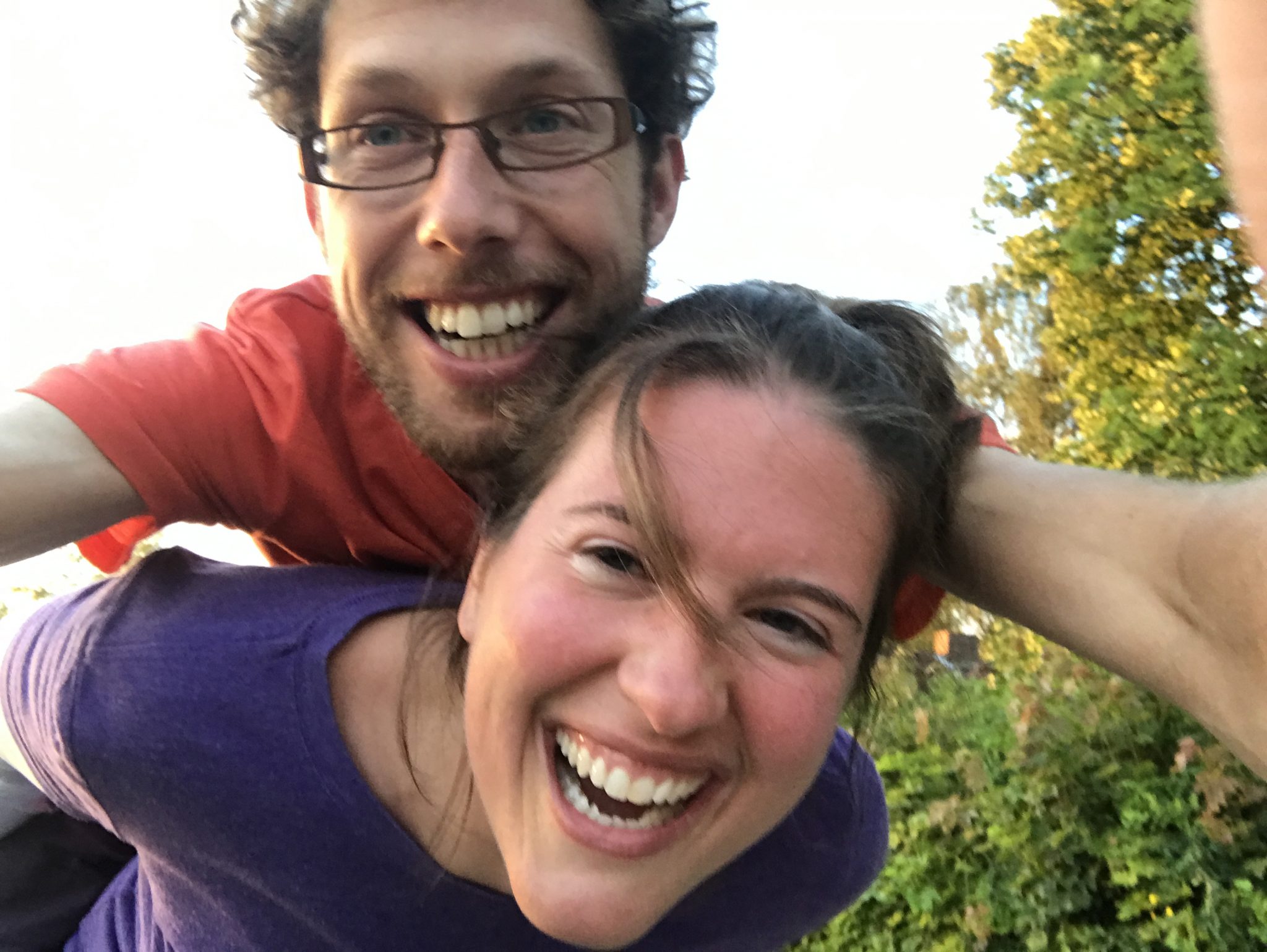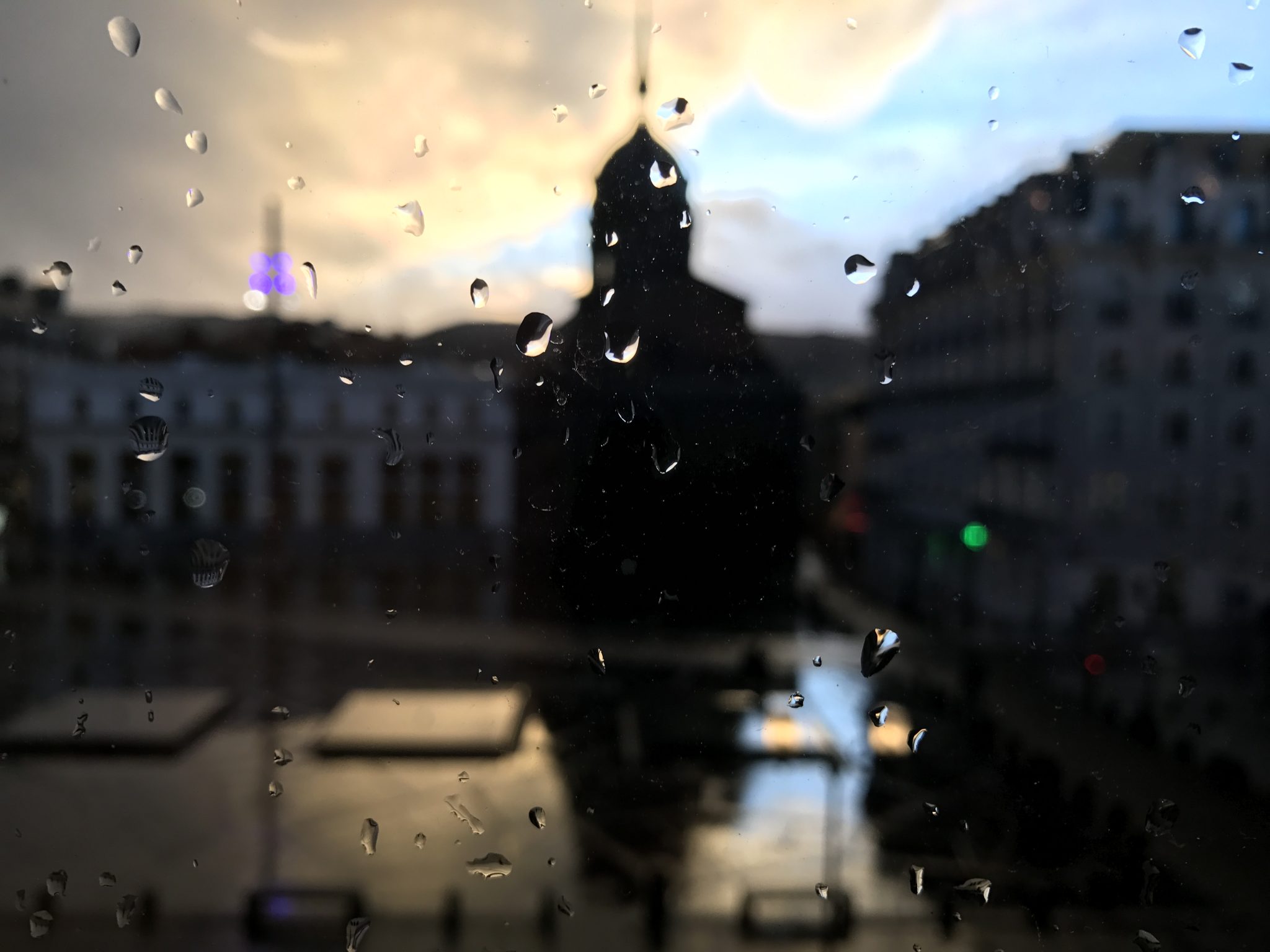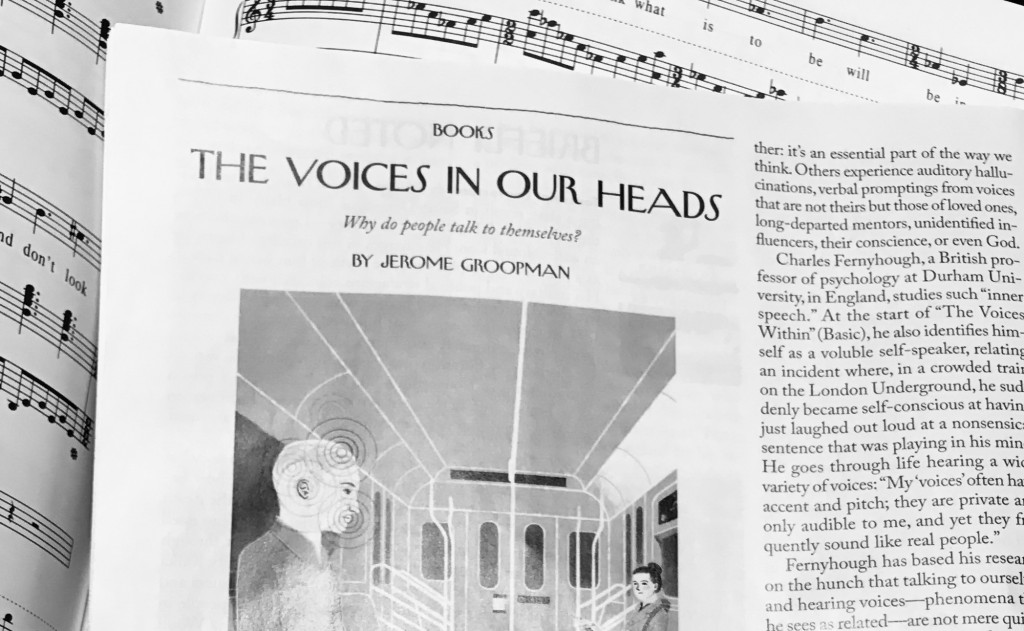vacation
Greetings from gorgeous Finland, where I am hiking, cycling, sleeping, sauna-ing, birdwatching, eating a lot of strawberries and salmon and rye bread, and generally letting the dust settle from this season. I’m also sifting my thoughts about high and low points and how I want to move forward; probably there will be a longer post about this later.
For now, though, there’s just a rowboat.
the unshakable Marschallin
I’m in Toronto, and last night was Rosenkavalier dress rehearsal. I’m singing Marschallin in two concert performances with chamber orchestra this weekend, and the process of learning this monumental score has been overwhelming, joyful, fraught, thoughtful, stressful, beautiful—depends on which day you ask.
Tomorrow night is the first performance, and today is a rest day. I’m staying with some family who live just outside of town. What have I done so far today, after last night’s tiring rehearsal? I woke up late, talked to my husband on Facetime, went downstairs, ate breakfast, chatted with my aunt and uncle; but then, they turned on the TV to the live coverage of James Comey testifying before the Senate about his firing as FBI director. I stayed for five minutes of it, couldn’t stand any more, and fled upstairs. Intensely curious, I spent the next hour constantly refreshing the New York Times live commentary feed, avid to know what was going on but unable to watch.
thank goodness
Hot on the heels of a magnificent Matthew Passion (Choir of King’s College Cambridge, Academy of Ancient Music, Stephen Cleobury), I found myself on the train back to London, reading the following New Yorker article (March 27, 2017) about the philosopher Daniel Dennett, who studies consciousness. Although the whole article resonated with me, the following in particular struck a chord.
Dennett is often cited as one of the “four horsemen of the New Atheism.” … A few years ago, while he was recovering from his aortic dissection, he wrote an essay called “Thank Goodness,” in which he chastised well-wishers for saying “Thank God.” (He urged them, instead, to thank “goodness,” as embodied by the doctors, nurses, and scientists who were “genuinely responsible for the fact that I am alive.”)
Yet Dennett is also comfortable with religion–even, in some ways, nostalgic for it. Like his wife, he was brought up as a Congregationalist, and although he never believed in God, he enjoyed going to church. For much of his life, Dennett has sung sacred music in choirs (he gets misty-eyed when he recalls singing Bach’s “St. Matthew Passion”). … In a 1995 book called “Darwin’s Dangerous Idea,” he asks, “How long did it take Johann Sebastian Bach to create the ‘St. Matthew Passion’?” Bach, he notes, had to live for forty-two years before he could begin writing it, and he drew on two thousand years of Christianity–indeed, on all of human culture. The subsystems of his mind had been evolving for even longer; creating Homo sapiens, Dennett writes, required “billions of years of irreplaceable design work”–performed not by God, of course, but by natural selection.
“Darwin’s dangerous idea,” Dennett writes, is that Bach’s music, Christianity, human culture, the human mind, and Homo sapiens “all exist as fruits of a single tree, the Tree of Life,” which “created itself, not in a miraculous, instantaneous whoosh, but slowly, slowly.” He asks, “Is this Tree of Life a God one could worship? Pray to? Fear? Probably not.” But, he says, it is “greater than anything any of us will ever conceive of in detail worthy of its detail. … I could not pray to it, but I can stand in affirmation of its magnificence. This world is sacred.”
-Joshua Rothman
St. Matthew always makes me feel this way, too… more committed than ever to my particular brand of atheism, or maybe secular humanism (but not limited to humans)–not a negation of anything, but rather an awe of the extraordinary heights of consciousness, creation, and connection achieved by the human mind and the systems of nature, through a process we are only beginning to understand.
un-dancing the clay
I’ve been taking lessons in ceramics. I’ve loved beautiful pottery all my life, preferring to drink my coffee out of a particular handmade blue mug, geeking out over glazes. I’ll tell anyone who will listen that North Carolina, where I grew up, is a big destination for ceramics, and I personally own a piece by (squeak!!) Ben Owen III that I bought myself with an early singing paycheck. Nerd alert.
So, when I learned that Joris, a talented photographer in the Hague, was also a practitioner and teacher of ceramics, I knew I’d eventually have to try it; and when my Damask colleagues beat me to the punch, went first, and began to make the loveliest things and to enthuse about the meditative zen state they achieved in lessons, I signed up.
labor of love
This weekend, I won a prize in the Clermont-Ferrand International Singing Competition. Many competitions award cash prizes, but what I won is a contract for Konstanze in a big new touring production. So that picture up above, taken from a dressing room at the theater of Clermont-Ferrand on a rainy evening, will become a very familiar sight next season. I’m feeling grateful, excited, and validated.
Also: exhausted. READ MORE
craftsmanship
Hi from France! More about that later. As I traveled here over the weekend, I stopped for a night in Brussels to visit a friend, hear an opera (Fauré’s Pénélope–hear this score if you can, OMG), and see an exhibition of Japanese prints.
The exhibition was a last-minute decision. I had a morning free before re-starting my travel, and I thought I’d see how I felt–maybe I’d prefer to while away a couple hours over a coffee or two, read and people-watch. But I woke up with lots of energy and decided to go. And now I can’t imagine having not seen it. It was so enthralling that I nearly missed my bus because I lingered too long.
The exhibition spanned several centuries of fine-art printing, and each room was extraordinary in its own way. But the image above was one of the first things I saw, and it set the tone. It’s part of a long horizontal case–thirty feet long, maybe–displaying what looks like an accordion-folded book (the 19th-century artist is Kawase Hasui). Starting at the rightmost end of the case, you see at first a single-color engraving–the outlines of a scene pressed in a grayish ink. As you continue to move down the book, each fold showed an additional single-color print that was to be layered in, and on the left the cumulative effect each new print was having on the whole picture. So, after the grayish outline, some tiny blobs of brown were added, and later the yellow and then the red of the temple popped vibrantly. One entire print layer might be the tiniest pinprick of purple to darken the pattern on a kimono; another was a light wash of green to give the trees their first color, followed by a darker shade of green, distributed more irregularly, to create shadows. Many layers added just the subtlest dusting of gray to nuance the texture of snow or sky.
multi-tasking, multi-living
I’m reading “Foreign Parts,” Sir Thomas Allen’s memoir, which I ordered after an inspiring week working with him and watching him teach masterclasses at Songfest. Sir Tom, as we were all calling him by the end of the week, is a charismatic teacher and a sublimely lovely, fiercely funny singing actor himself, of course. But getting to know him and hear him give advice, what I found most inspiring was his clear, lifelong commitment to a deep work process. Now over 70, he had recently performed a run of Winterreise recitals–a piece he had gotten to know and perform as a young man. But for this series, he spent an hour every day, for a full year beforehand, reading and chewing over the texts. On a piece he had performed before. Every day, for a year. READ MORE
a new thing
For the first time ever, I’m being paid to compose.
Sort of. I was offered a project as a “maker” with an experimental music theater company I’ve worked with several times. It’s a collaboration with a guitarist, and the assignment is to create a ten-minute theatrical piece on the theme of Tristan and Isolde (several other teams are also working on the same prompt). That’s it. Those are the guidelines.
When I got the offer, my feelings were equally split between excitement and apprehension. Did they know that I hadn’t tried to compose anything seriously in many, many years? Did they have any idea that I had ever thought of composing at all? If not, what kind of contribution was I expected to make, as “just” a singer? What would I expect of myself? What kind of angle could I find in such an open prompt? What if I couldn’t think of anything? What if what I think of, and create, isn’t good?READ MORE
slip of the tongue
This is the least risqué of the mistakes Marine has made on this line, which, what with legs, face, and hands, contains some very ripe possibilities.
And yes. This is one of the ways Damask spent our residency in Aldeburgh.
up, up, and away
Currently open on my laptop (on my lap, in the train):
- a document in which I’m cutting apart W. H. Auden’s “In Sickness and in Health”
- Spotify with Frank Martin’s Le vin herbé
- VLC with an extended guitar improvisation, some videos of me singing Schubert, and Battlestar Galactica
- various browser tabs: lots related to web design, email, Facebook, Martin Luther King’s “Letter from a Birmingham Jail,” and a very dark nihilist perspective on American politics
This–a summary of what I’m consuming and thinking about and rearranging–seems as good a jumping-off point for a blog as any. I’m done pretending that the version of me presented on my website, or on Facebook, or in any given rehearsal on any given day, is the full story. READ MORE









